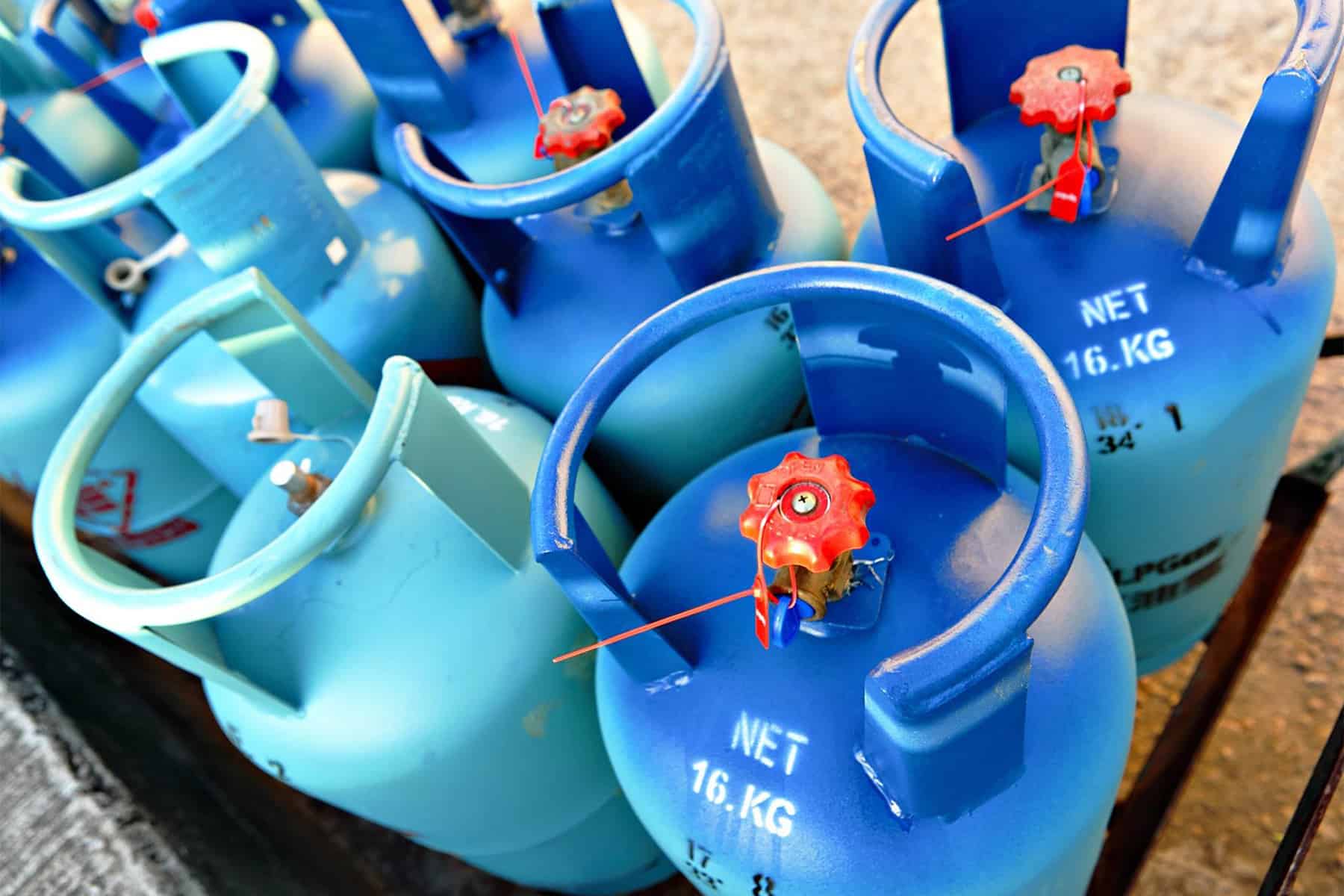Costa Rica’s executive branch is criticizing changes to the method used for setting fuel prices as proposed by the Public Services Regulatory Authority (ARESEP), arguing the move would increase prices of other products, particularly cooking gas.
The proposed change in the calculation formula used for setting fuel prices would lower per-liter prices of gasoline and diesel by up to ₡10, but it would increase the price of cooking gas by 72 percent, along with bunker fuel (35 percent) and asphalt (45 percent), the government claims.
ARESEP proposed the elimination of a subsidy included in the prices of gasoline and diesel since 2009 that allowed lower prices for other products. The regulatory agency will present its proposal at a public hearing on Feb. 14.
If approved the new calculation formula would apply later that month and increase the price of a 25-pound cylinder of cooking gas by about ₡2,000 ($3.75), from ₡6,410 to ₡8,470 ($11.90 – 15.75).
According to ARESEP some 651,000 homes – 55 percent of the country’s households – use cooking gas, and most of them use 25-pound cylinders.
The business sector also disapproves of ARESEP’s proposal. Leaders from the Costa Rican Food Industry Chamber on Monday said they are aware that several companies are currently evaluating the relocation of operations to another country if higher prices are approved.
The statement from Casa Presidencial asks the Economy Ministry (MEIC) and the Environment Ministry (MINAE) to issue an official position on ARESEP’s proposal.
The government expects MEIC to determine the implications of higher propane prices in products and services, and the effects on the population.
MINAE officials are expected to address what terms should be considered in setting a new fuel pricing model, in order to comply with policies set by the National Energy Plan outlined by the administration of President Luis Guillermo Solís.

